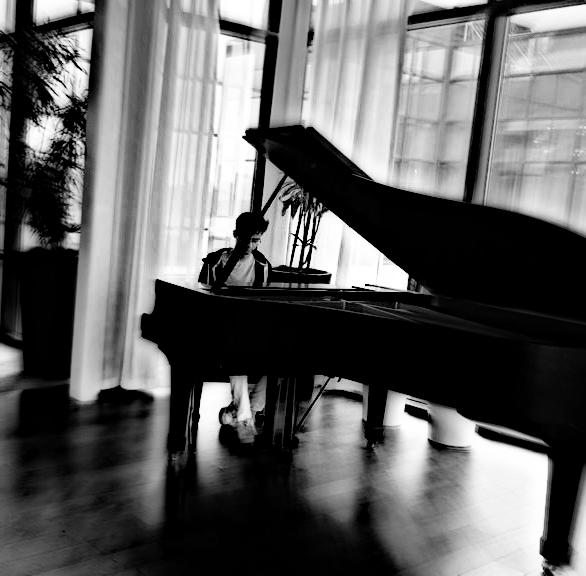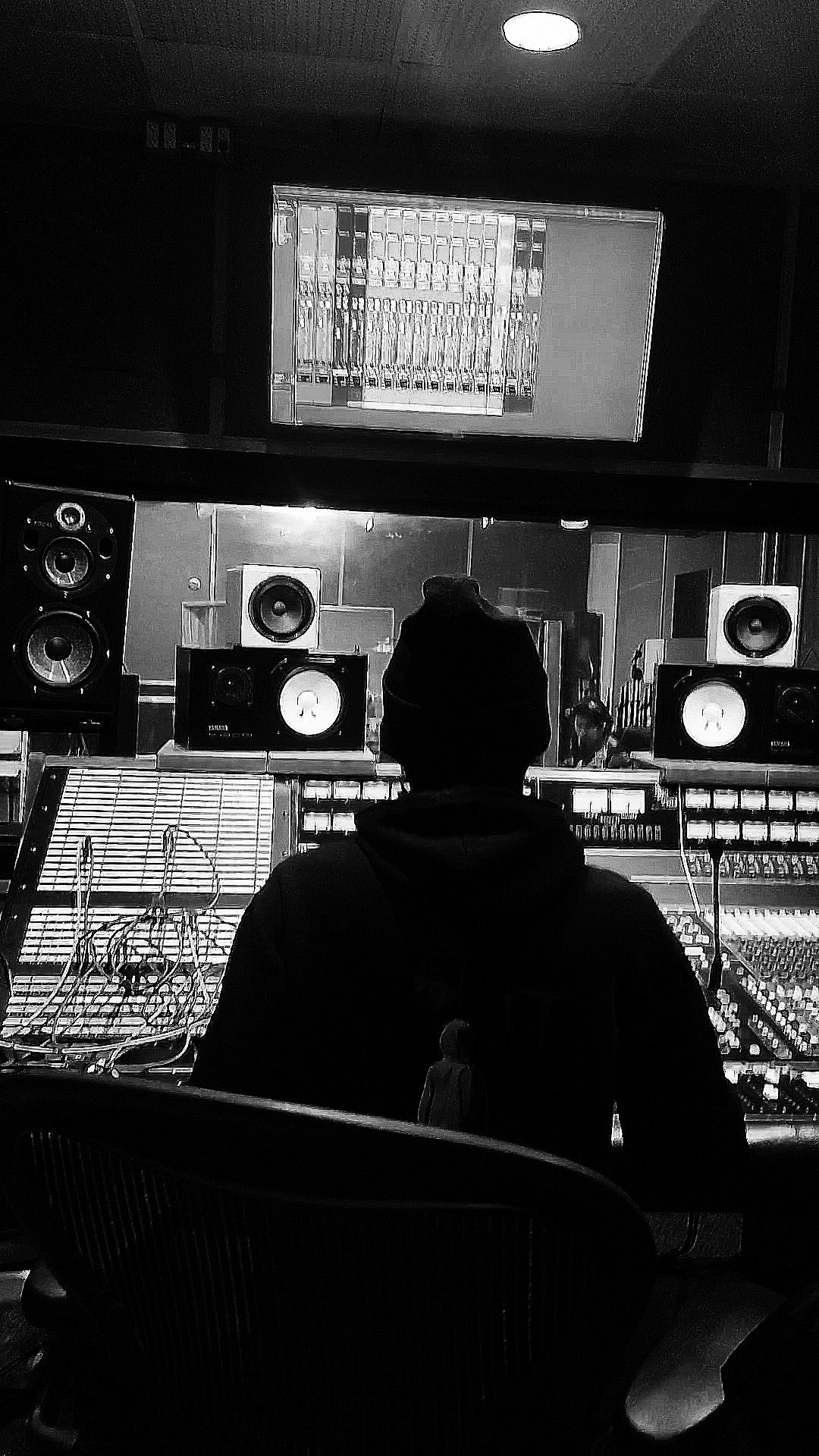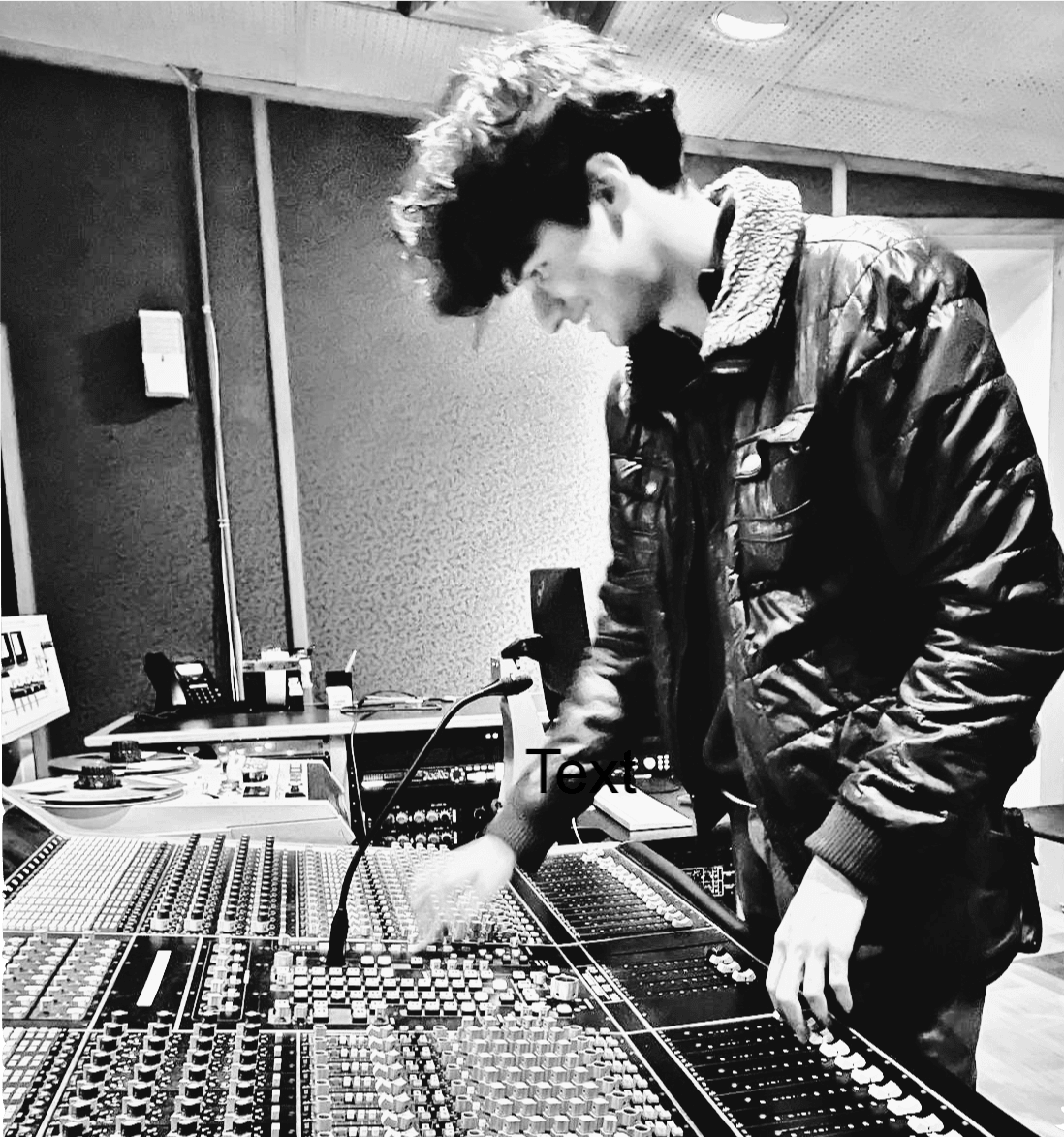We caught up with the brilliant and insightful Yash Kapoor a few weeks ago and have shared our conversation below.
Yash, looking forward to hearing all of your stories today. Are you able to earn a full-time living from your creative work? If so, can you walk us through your journey and how you made it happen?
Yes, but it didn’t happen overnight—and it definitely wasn’t linear.
I started off like a lot of young producers do: making beats in my bedroom in Mumbai, uploading unfinished tracks to SoundCloud, and staying up till 4AM trying to mix vocals on cracked software. I didn’t know then that I was building the foundation for a full-time career—I just knew I was obsessed with sound.
Berklee was a turning point. It gave me access to professional studios and collaborators, but more than that, it pushed me to take my work seriously. I interned everywhere I could—LA studios, indie film sets, even live sound gigs—just to get my hands dirty. Eventually, I started landing freelance jobs through referrals and DMs: mixing records for Indian hip-hop artists, engineering vocal sessions, producing scores for short films.
The real shift happened when I stopped waiting for “big breaks” and started creating my own opportunities. Slowly, music went from passion project to income stream.
Was it consistent? Not at first. I had to juggle multiple roles—producer, engineer, scorer, editor—just to keep things afloat. But over time, I built a reputation. Now I make a full-time living across studio sessions, sync production, freelance mixing/mastering, and consulting on immersive formats like Dolby Atmos.
If I could go back, I’d tell myself to focus earlier on building relationships, not just skills. The biggest projects I’ve gotten didn’t come from cold applications—they came from people I’d worked with on passion projects or connected with authentically. And I’d remind myself: You don’t need to wait until you “feel ready” to charge for your art. Start valuing your work from day one, even if it’s imperfect.
The journey’s still evolving, but I’m proud that I get to wake up every day and make a living doing what I love—and I’m even prouder that I built it piece by piece from the ground up.
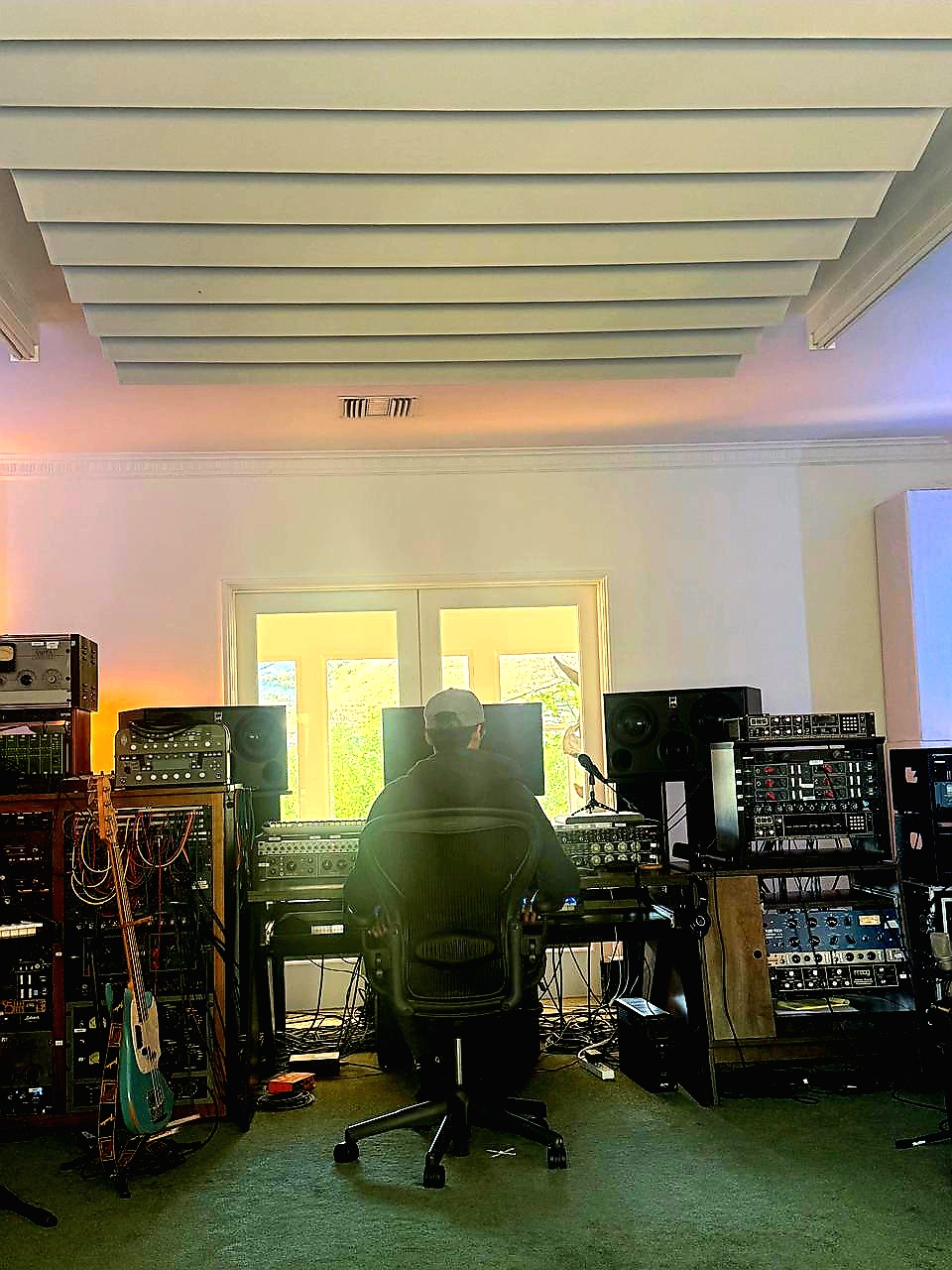
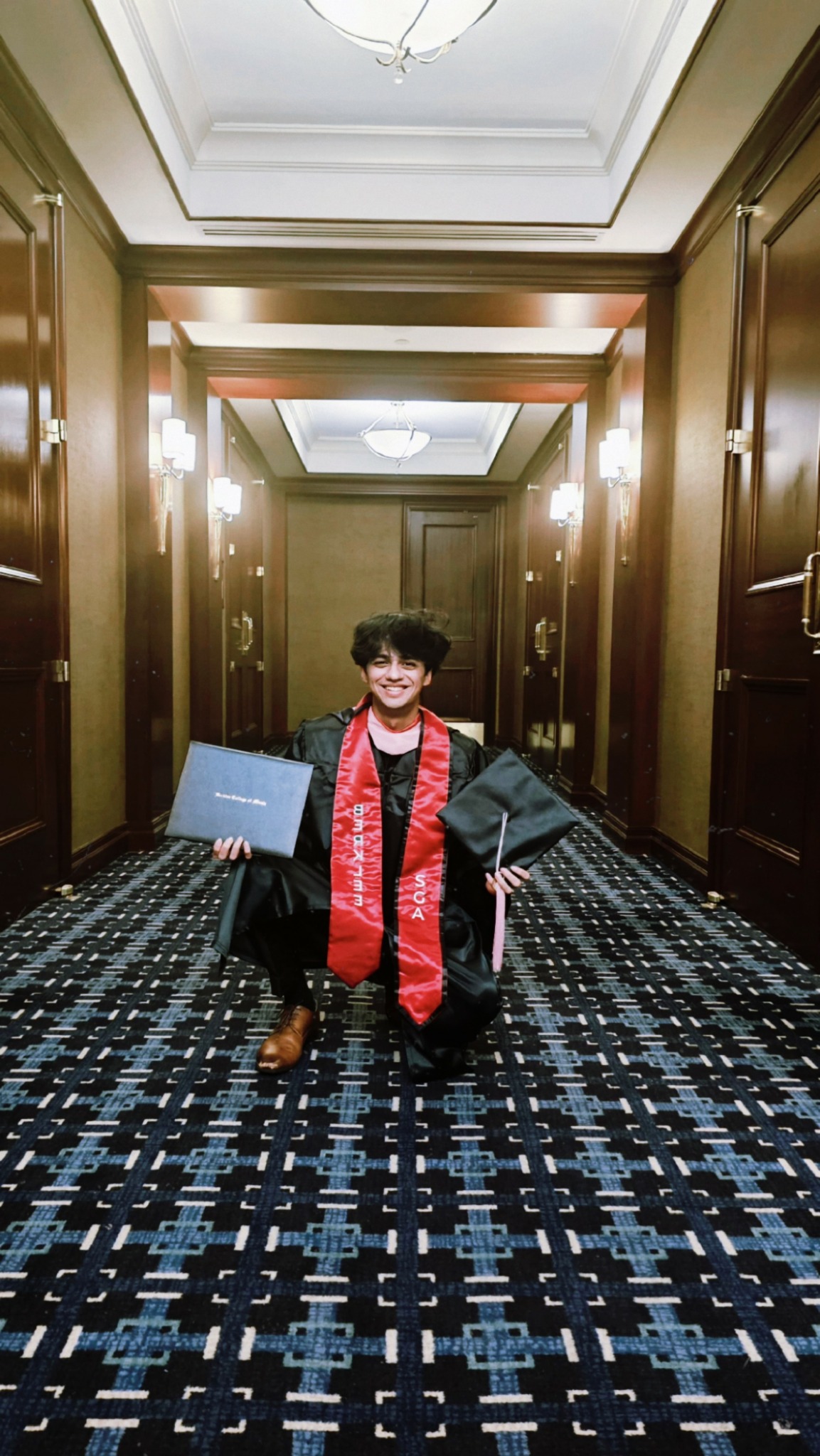
Awesome – so before we get into the rest of our questions, can you briefly introduce yourself to our readers.
Hi! I’m Yash Kapoor—a music producer, audio engineer, and sound storyteller originally from Mumbai, now based in Los Angeles. I specialize in blending emotional depth with technical precision across genres like R&B, hip-hop, global pop, indie, and cinematic soundscapes. I studied Music Production & Engineering at Berklee College of Music, where I also specialized in Commercial Recording and Production, and that experience gave me both the foundation and the fire to build my own voice in the industry.
Beyond production and engineering, I’m also a multi-instrumentalist. I grew up playing keys and drums, completing Grade 5 examinations in both, which gave me a strong foundation in rhythm, harmony, and performance. At Berklee, I continued to evolve musically by training in voice—both through private lessons and ensemble performances. That vocal training wasn’t just academic; it became central to my own songwriting and artist development. Whether I’m layering harmonies for a demo or guiding a singer through a session, that hands-on experience with vocals has shaped how I approach music: from inside the performance, not just behind the console.
My journey into music began the way most obsessions do—quietly and all-consuming. I was that teenager reverse-engineering Charlie Puth tracks in FL Studio, making demos on cracked software, and wondering how producers made a snare feel like heartbreak. Over time, what started as curiosity became craft. I’ve since worked on over 300 original tracks, mixed and mastered hip-hop albums, scored indie films, and produced immersive mixes in Dolby Atmos.
My services cover the full spectrum of audio creation—from end-to-end music production to vocal tracking, mixing/mastering, sound design, scoring for visual media, and even sync/A&R consulting. Whether I’m in a high-end studio or building vocal chains in a makeshift bedroom setup, my goal is always the same: to turn raw emotion into sonic clarity.
What sets me apart is my versatility and emotional intent. I don’t just “make things sound good”—I build emotional arcs through sound. I’m equally comfortable layering jazz chords over trap drums as I am crafting minimalist textures for a heartbreak ballad or a surreal film score. I speak the language of artists, engineers, and storytellers—and that helps me bridge creative vision with technical execution.
For clients, I’m often the person they come to when they’re stuck—whether it’s a track that’s not hitting emotionally, a vocal that needs depth, or a project that needs sonic direction from scratch. I help bring order to creative chaos, and I pride myself on being hands-on, honest, and collaborative through the entire process.
Some of the projects I’m most proud of? Honestly—all of them. Each one has been a landmark in my learning curve, from my very first mix to my most recent immersive production. Every song, session, and collaboration has pushed me to grow—as a producer, an engineer, and a storyteller. You can explore a curated playlist of my work, along with full credits, on my website. I believe the best way to understand what I do is to hear it.
My brand—whether under my name or as part of future projects—is about creating immersive, emotionally resonant audio experiences. I want listeners to feel like they’re inside the story. I want artists to feel heard and elevated. And I want the work to speak louder than the hype.
Whether you’re a fellow artist, an A&R rep, a filmmaker, or someone who just loves great sound—I’d love to connect. Let’s make something that lasts.
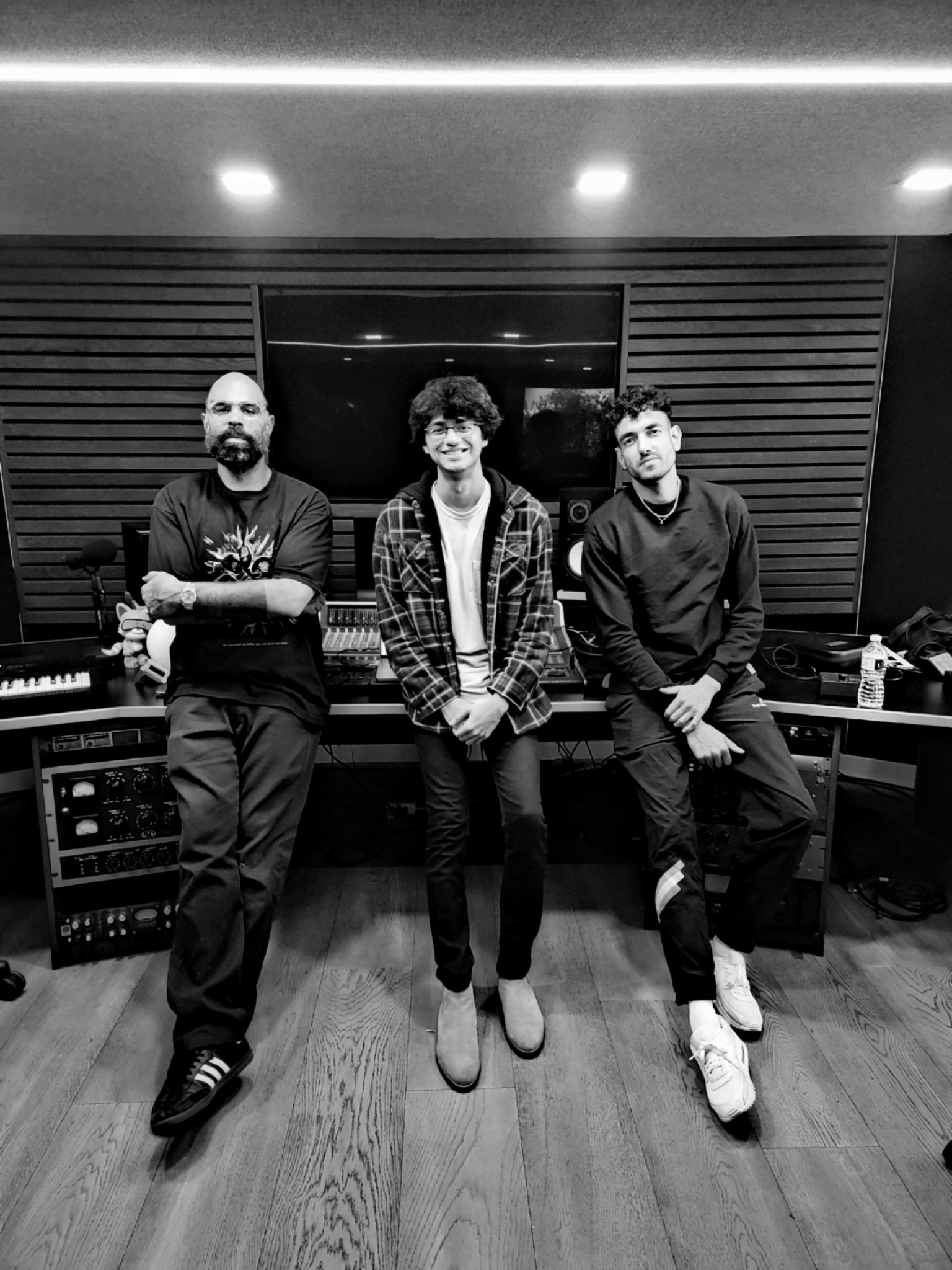
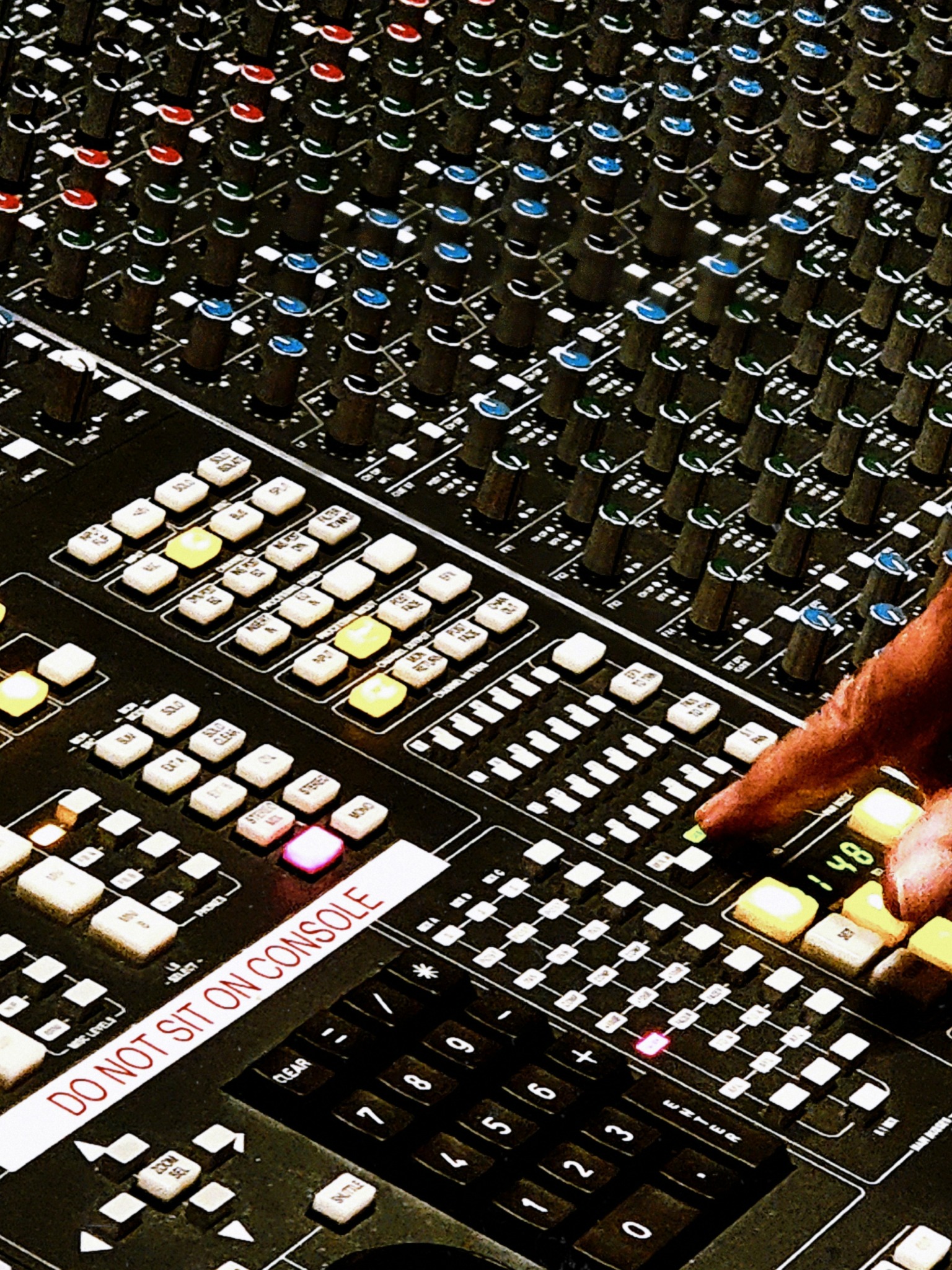
We often hear about learning lessons – but just as important is unlearning lessons. Have you ever had to unlearn a lesson?
One of the biggest lessons I had to unlearn is that more thinking doesn’t always lead to better art. When I first started producing seriously, I would get stuck in endless loops—72 hours deep into polishing a mix, bouncing 12 versions of the same track, questioning every synth layer, every EQ decision, every hook line. I wasn’t refining anymore; I was spiraling.
The backstory? I was working on a song that meant a lot to me personally. But the more it meant, the more I started hearing the imagined voices of other people: Will people think this is corny? Will it measure up sonically? Will this ruin my chances with so-and-so playlist curator? That pressure choked the soul out of the track. I couldn’t finish it—not because it wasn’t good, but because I couldn’t stop overthinking it.
What I had to unlearn was the idea that my value was tied to perfection or validation. I had to learn to think less and feel more. Like Rick Rubin says—create for yourself. Write songs because you need to, not because you’re trying to impress invisible judges. That’s hard to remember when you’re in the middle of a project, deep in the weeds of automation lanes and plugin chains. But the songs that hit hardest are the ones that came out raw, not the ones I micromanaged into numbness.
Now I take breaks. I ask for help. I send early drafts to friends without apology. I let go of the myth that I have to do everything alone. The industry might be built to make you feel like you need to DIY every detail to save cost, build credit, or maintain control—but art gets better when you let it breathe.
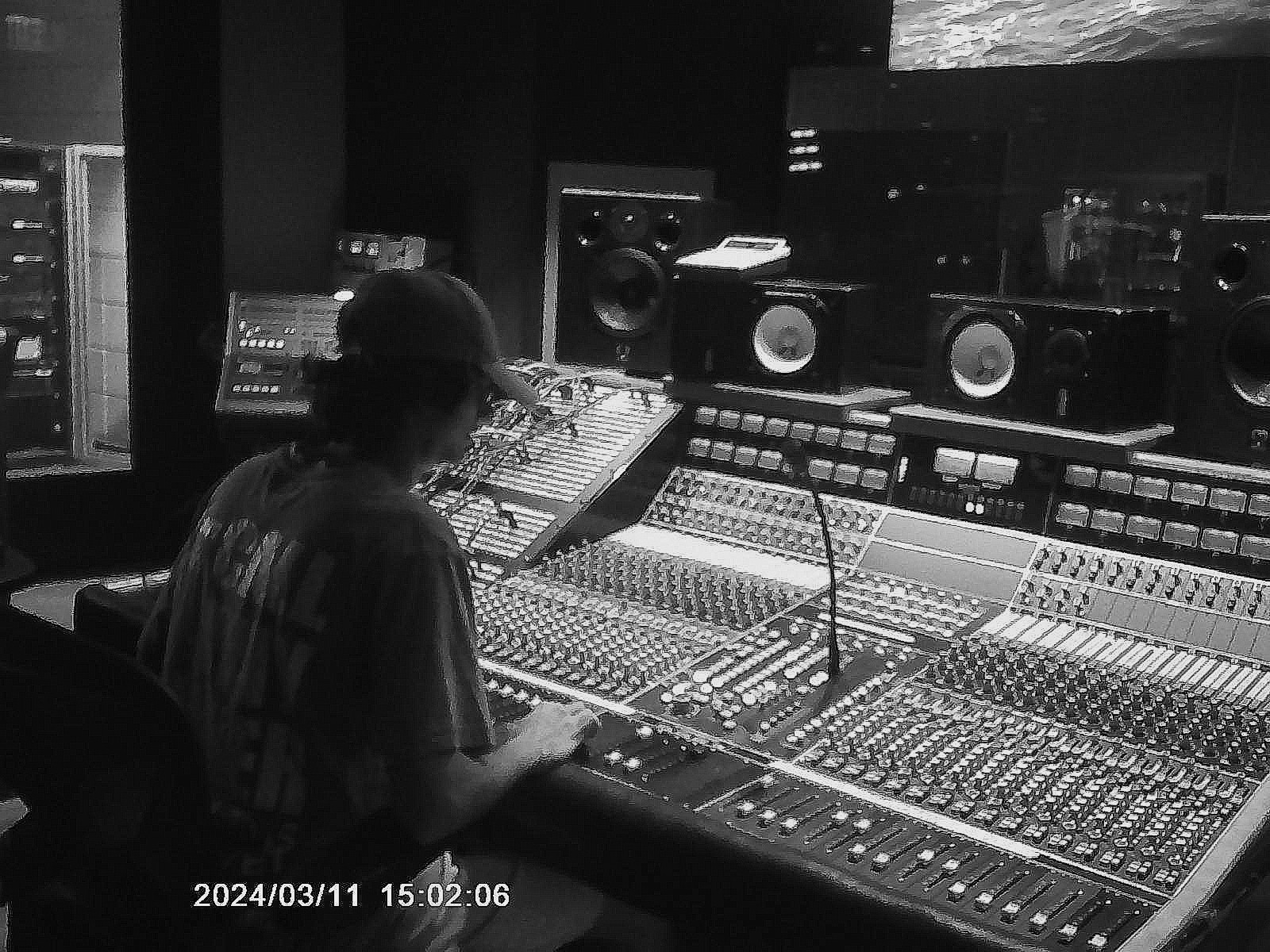
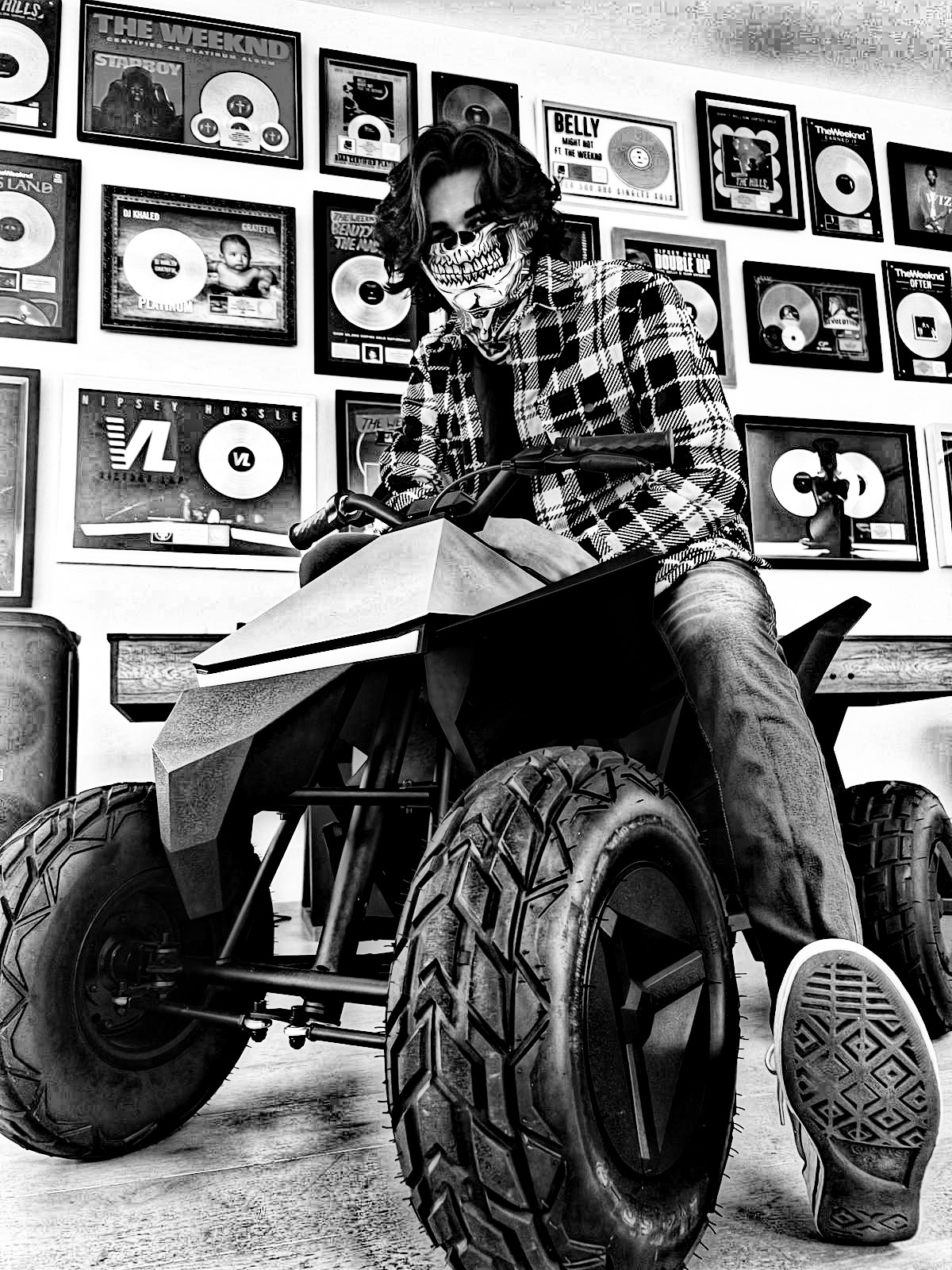
Is there something you think non-creatives will struggle to understand about your journey as a creative?
Definitely. I think people outside the creative world underestimate how much self-doubt you have to fight just to finish a song, let alone share it.
It’s easy to say “just create for yourself,” but when you’re sitting there at 1AM, trying to record a vocal take without thinking about what your girlfriend, your parents, friends back home or your old producer will think—it’s hard. Really hard. Every chorus you write feels like a risk. Every lyric feels like a confession. And social media makes it worse. You’re not just making something, you’re preparing to feed it to an algorithm that might ignore it entirely or suddenly turn it into content.
What people don’t see is how heavy that pressure can get. I’ve drowned in versions of the same song because I was too scared to call it “done.” I’ve spent days on a mix trying to make it perfect, forgetting that perfect often kills the soul of the original idea. What helped me was realizing that creation isn’t control. It’s release. Letting go.
Also—this idea that you have to do everything yourself? That’s glorified hustle culture. I used to try saving every dollar, wearing 15 hats, mixing and mastering and producing and editing video and running promo. It burns you out. And the truth is, asking for help doesn’t make you less of an artist—it makes you a better one. Collaboration is fuel. Rest is strategy. And imperfection is sometimes the most human thing you can put into a record.
Contact Info:
- Website: https://www.yashkapoor.studio
- Instagram: https://www.instagram.com/_yash.kapoor_/
- Facebook: https://www.facebook.com/theyashkapoor/
- Linkedin: https://www.linkedin.com/in/theyashkapoor/
- Twitter: https://x.com/yashkapoormusic
- Youtube: https://www.youtube.com/@theyashkapoor
- Soundcloud: https://soundcloud.com/yash-kapoor-437125665?utm_source=clipboard&utm_medium=text&utm_campaign=social_sharing
- Other: https://linktr.ee/theyashkapoor
